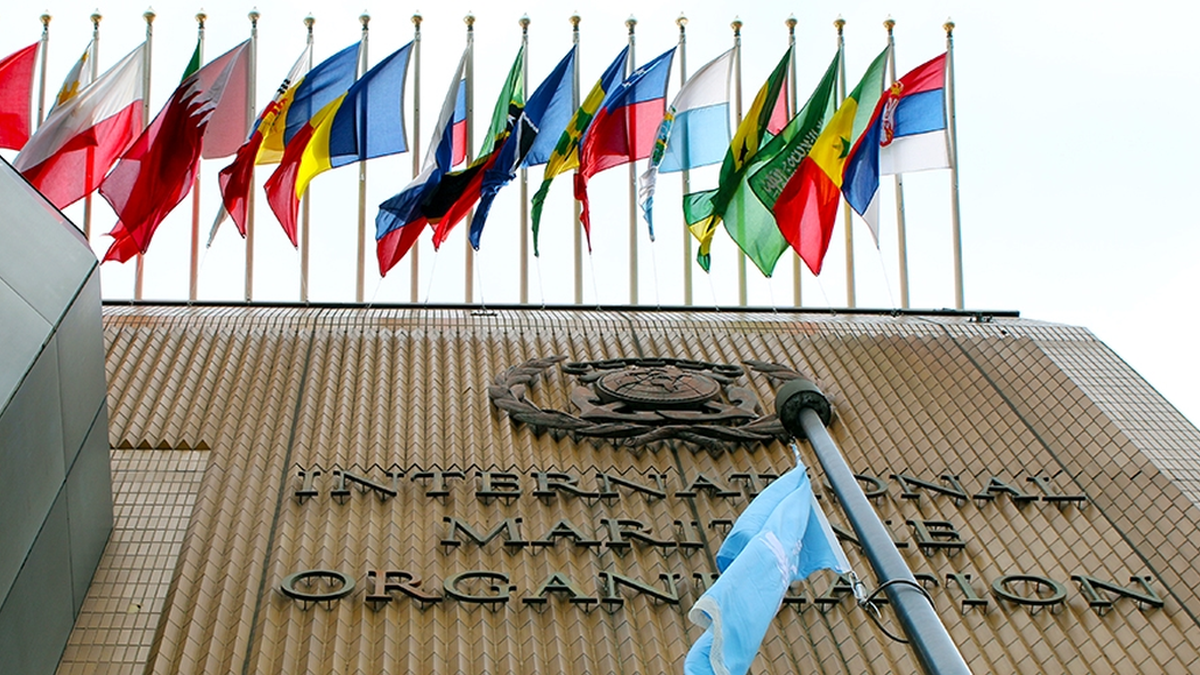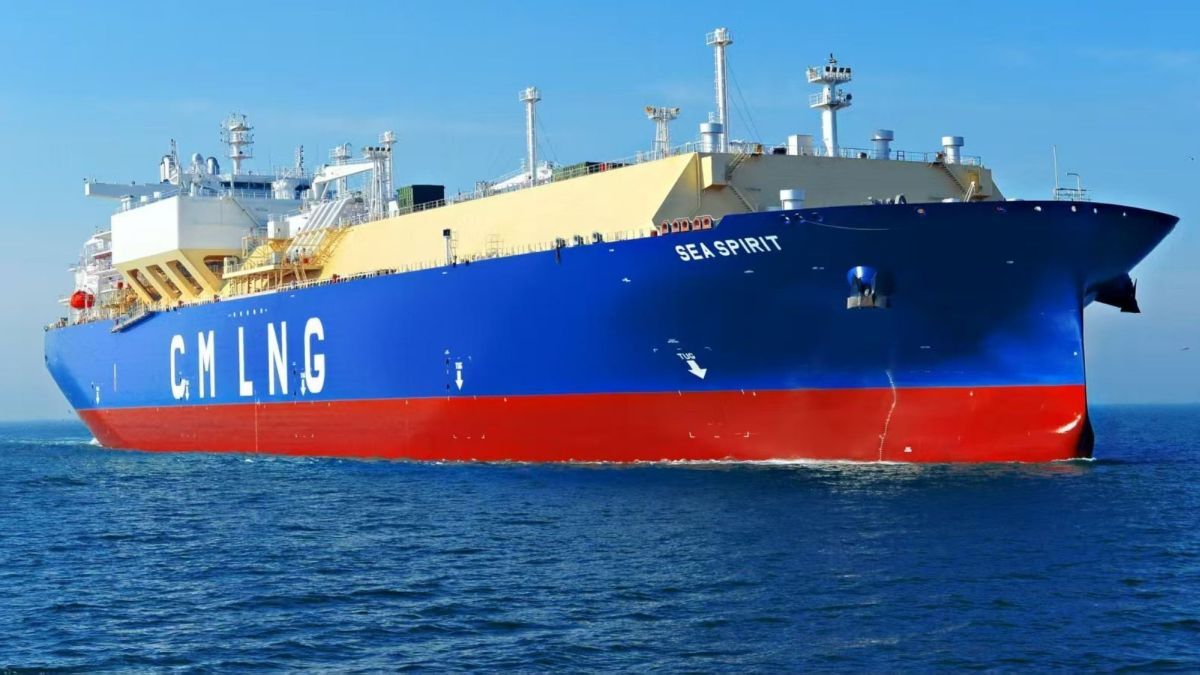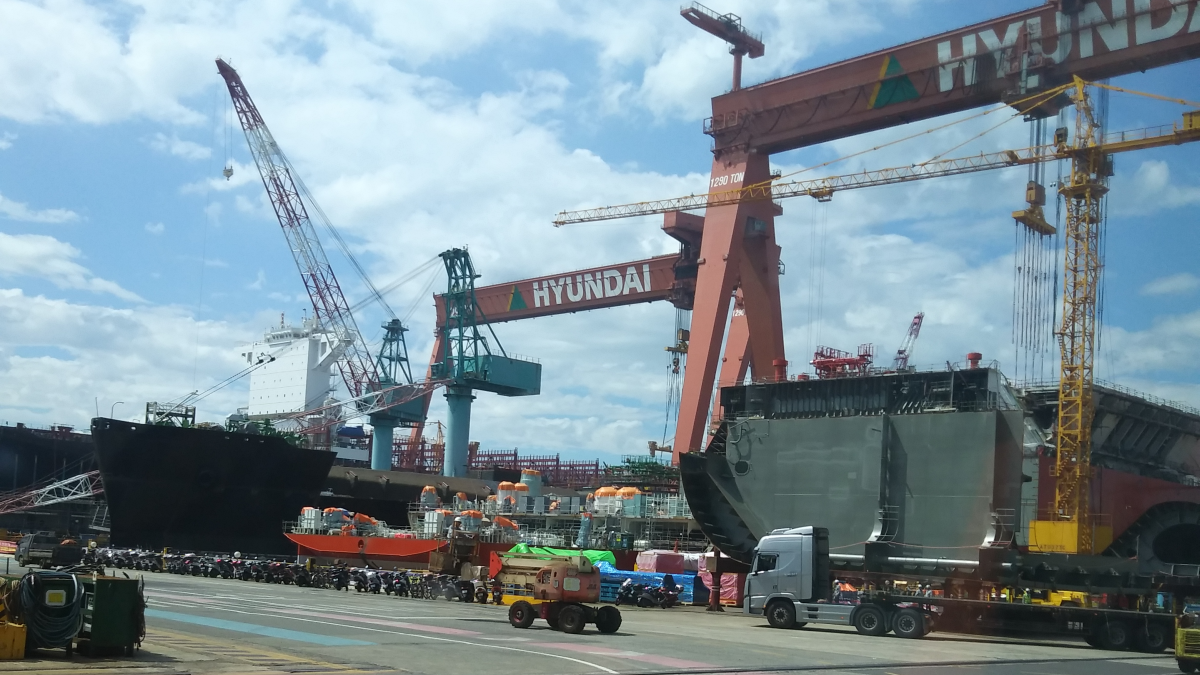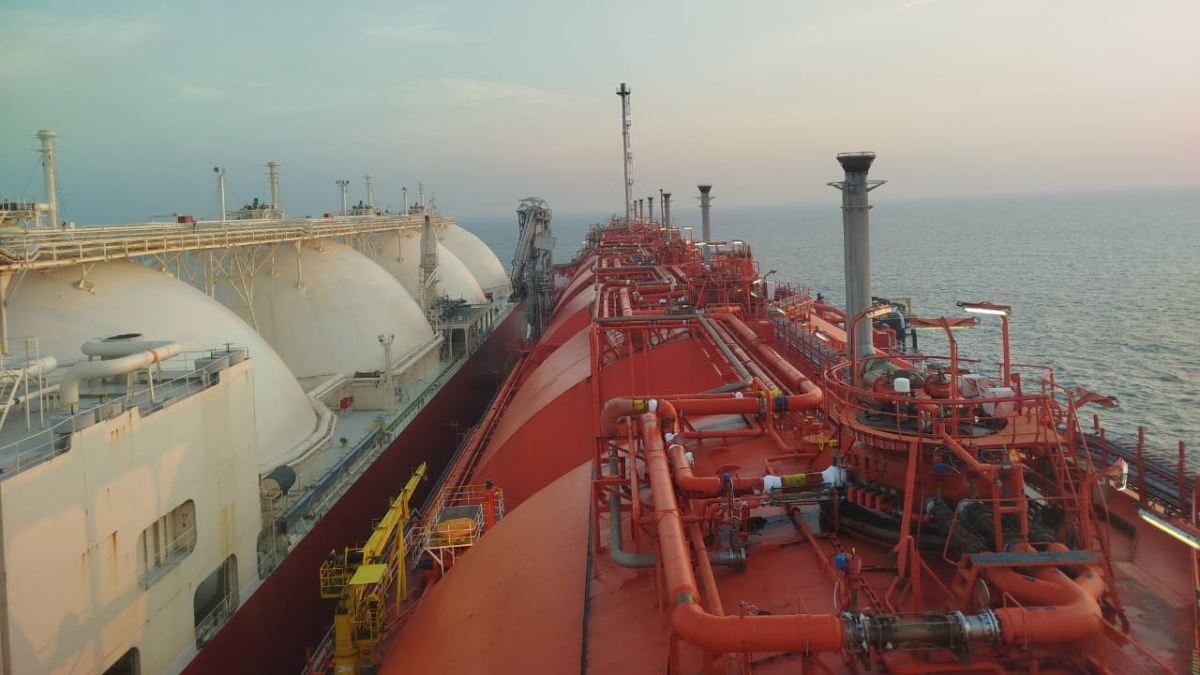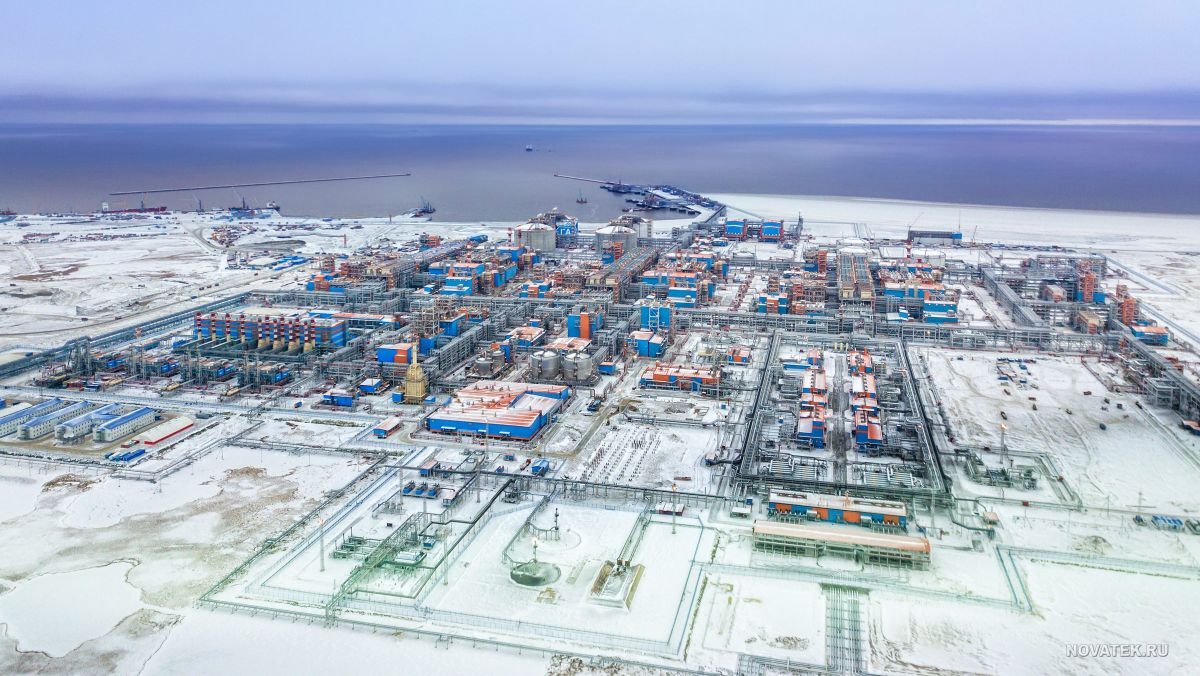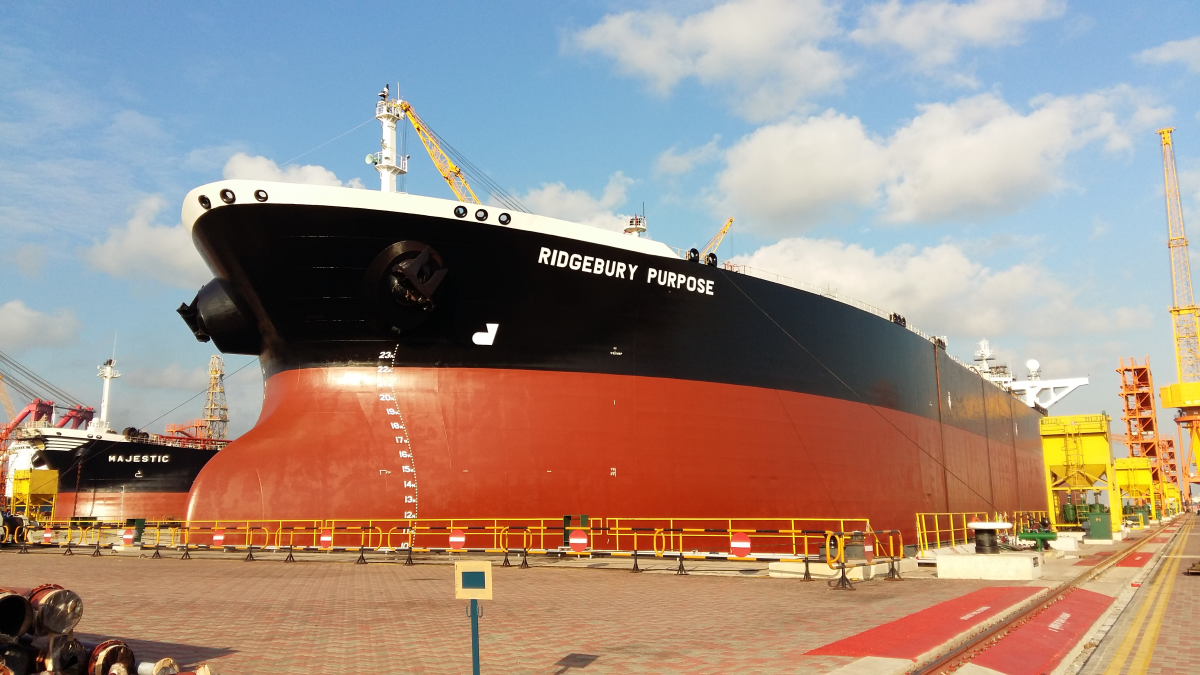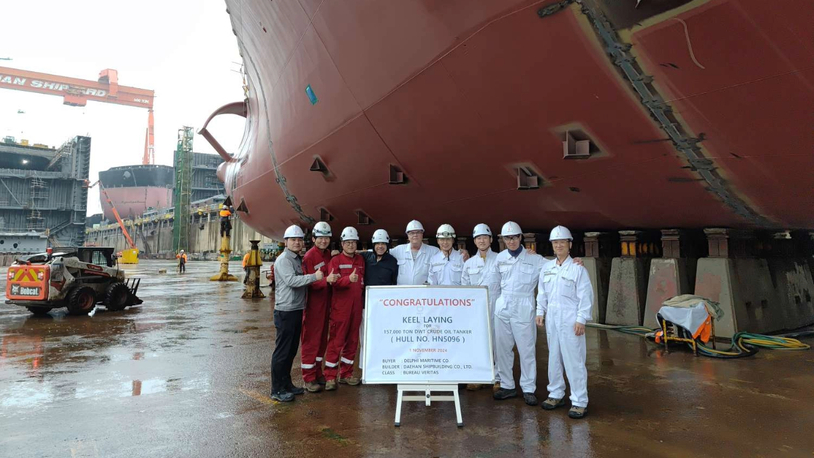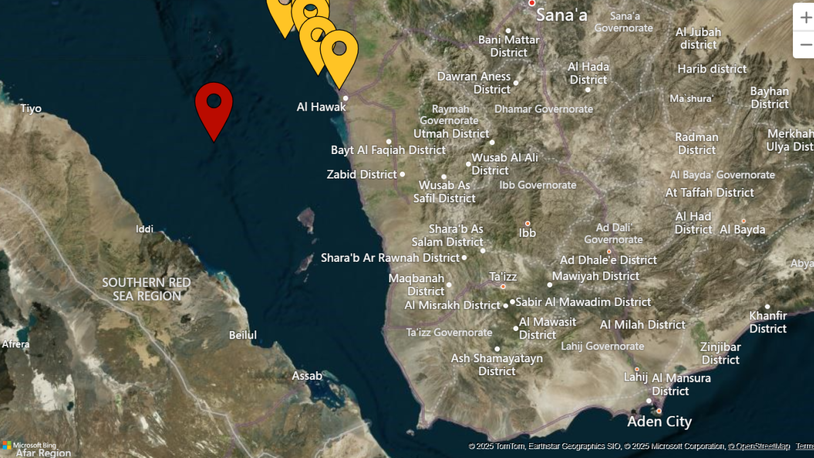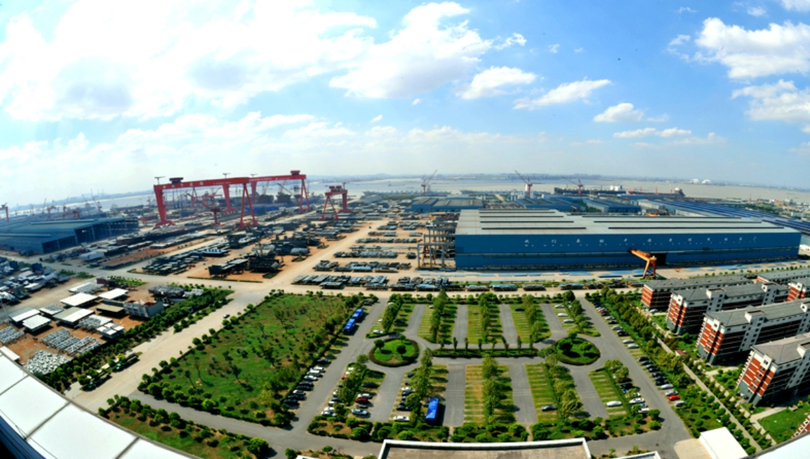Business Sectors
Events
Contents
Register to read more articles.
Tanker owners have their say at IMO
Tanker operators highlight regulatory challenges at IMO in 2024, focusing on carbon intensity rules, ballast water management and safety standards for LNG fuel operations
Ahead of MEPC 82 in September 2024, it is worth reviewing the papers concerning tanker regulations and safety concerns submitted so far to International Maritime Organization (IMO).
So far in 2024, the discussions have been surrounding the regulatory framework and operational challenges faced by the global tanker fleet in 2024, with a strong focus on environmental compliance, safety enhancements and technological innovations.
These papers reveal how the industry is responding to the increasingly stringent global regulations while highlighting areas where further progress is necessary.
A key issue addressed in the submissions is environmental regulation, particularly concerning carbon emissions.
Intertanko’s submissions – specifically papers MEPC 82/6/5 and MEPC 82/6/28 – address the challenges presented by the Carbon Intensity Indicator (CII) regulations.
The CII measures the carbon efficiency of ships, but Intertanko argues it disproportionately impacts smaller tankers engaged in short voyages.
In MEPC 82/6/5, Intertanko states, "Small tankers engaged in fuel supply operations should be exempted from the CII rating," given the impracticality of applying the current framework to these vessels, which frequently undertake short trips and spend much time at anchor.
The submission highlights how these tankers, which do not perform traditional "transport work," cannot achieve favourable CII ratings due to their operational profiles.
This concern is further elaborated in MEPC 82/6/28, where Intertanko focuses on the challenges faced by tankers performing very short voyages and multiple cargo operations. The paper explains tankers engaged in local trade with frequent, short voyages struggle under the current CII framework, as "almost half the fuel is consumed when stationary."
Despite efforts to apply correction factors, such vessels still receive poor ratings due to their specific operational profiles.
The operational constraints these tankers face – such as long waiting times at berth and frequent cargo handling – make it impossible for them to improve their carbon intensity performance without changes to the regulatory framework.
Intertanko calls for exemptions or adjustments to CII regulations for tankers engaged in such trade, and it is not the only shipping organisation to do so, for the CII calculation impacts a range of vessel types.
Ballast water management has also been a central focus in the papers submitted to the IMO.
MEPC 81/4/11, submitted by Intertanko, discusses the challenges faced by tankers in ports with challenging water quality (CWQ) and highlights the benefits of a specialised database designed to assist operators. This CWQ database, which captures reports from ships operating in ports with difficult water conditions, has become a critical tool for tanker operators.
According to the paper, the database "allows swift analysis of past issues encountered by Intertanko members, identifying trends in regional challenges and ballast water management systems (BWMS) treatment types.
It enables operators to plan voyages more effectively and communicate with port state administrations when navigating ports known for difficult water quality. By tracking instances where BWMS fail due to poor water conditions, the database helps improve operational efficiency and regulatory compliance.
Safety concerns also feature prominently in the 2024 submissions, particularly regarding fire protection for tankers.
In CCC 10/3/12, the Republic of Korea proposed amendments to the International Code of Safety for Ships using Gases or other Low-flashpoint Fuels (IGF Code) to improve fire protection standards for LNG fuel tanks installed on tankers.
The paper calls for new regulations to ensure LNG fuel tanks on the open deck of oil and chemical tankers are adequately protected from heat in the event of a fire in the cargo area.
"The Republic of Korea conducted a heat transfer analysis" to determine the potential risks and concluded, "Fuel tanks shall be segregated from cargo in accordance with the requirements of the IMDG Code".
This analysis stresses the need for enhanced insulation and shielding solutions to prevent heat transfer to LNG fuel tanks during fires on tankers.
Further safety issues are addressed in SSE 10/19/4, submitted by IACS, which focuses on improving safety in cargo pump rooms. The paper discusses the problems with existing hydrocarbon gas detection systems and bilge alarms, which are crucial for preventing accidents in tankers.
According to the submission, "vague expressions" in the current SOLAS regulations lead to confusion over where detectors should be placed, resulting in inconsistent safety practices.
IACS proposes clearer guidelines for detector placement, arguing this could help prevent accidents like the explosion in the cargo pump room of the FPSO Cidade de São Mateus in 2015.
The submission points out early leak detection could have prevented such incidents, and more precise language in the regulations is necessary to ensure effective safety measures on tankers.
The 2024 IMO submissions reveal the complex regulations shaping tanker operations. Join industry experts at the Tanker Shipping & Trade Conference 2024 to explore strategies for navigating these challenges. Visit the event page to learn more and see how you can be part of the conversation.
Learn More
Related to this Story
Events
Maritime Decarbonisation, Europe: Conference, Awards & Exhibition 2025
Offshore Support Journal Conference, Americas 2025
LNG Shipping & Terminals Conference 2025
© 2024 Riviera Maritime Media Ltd.


